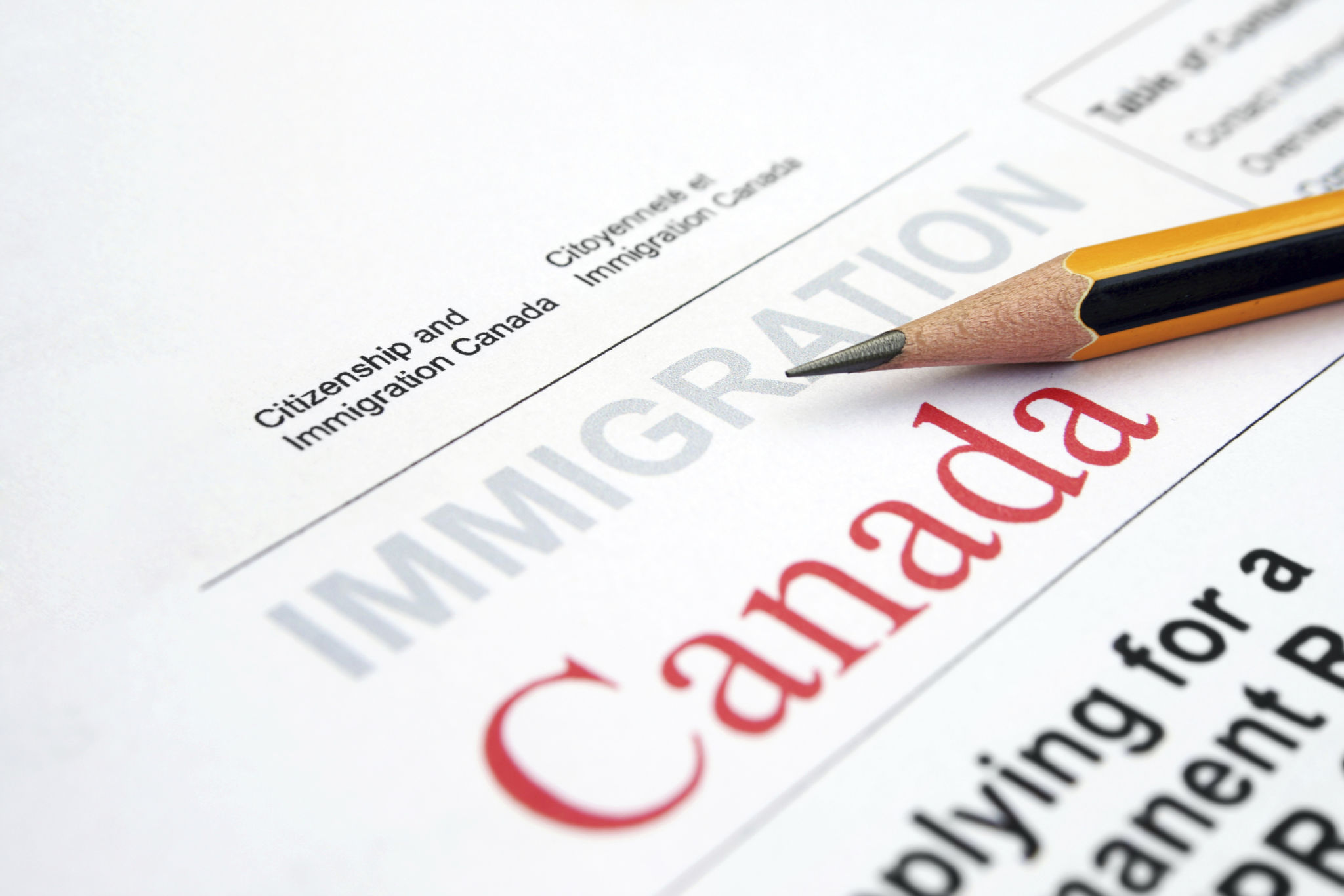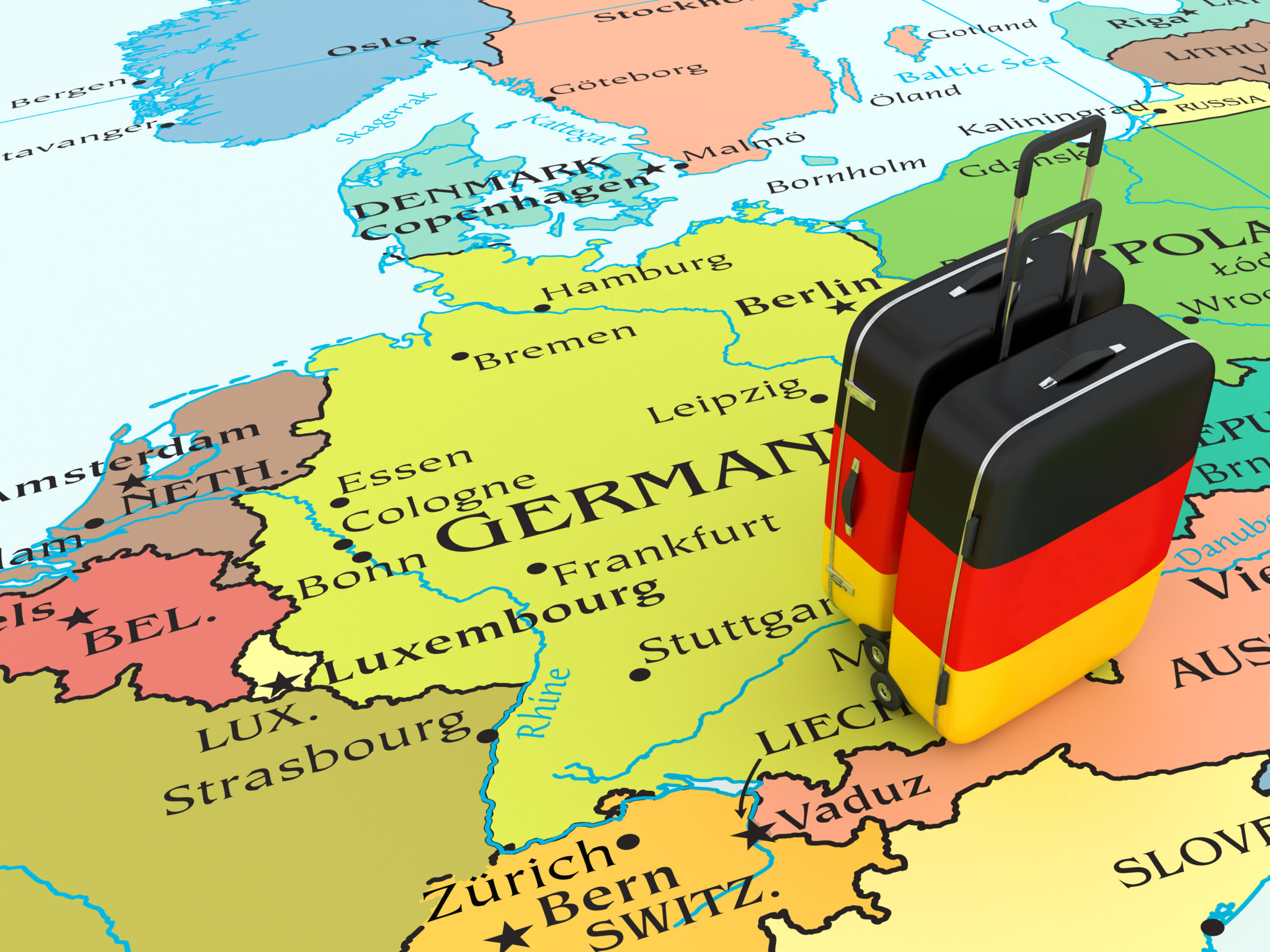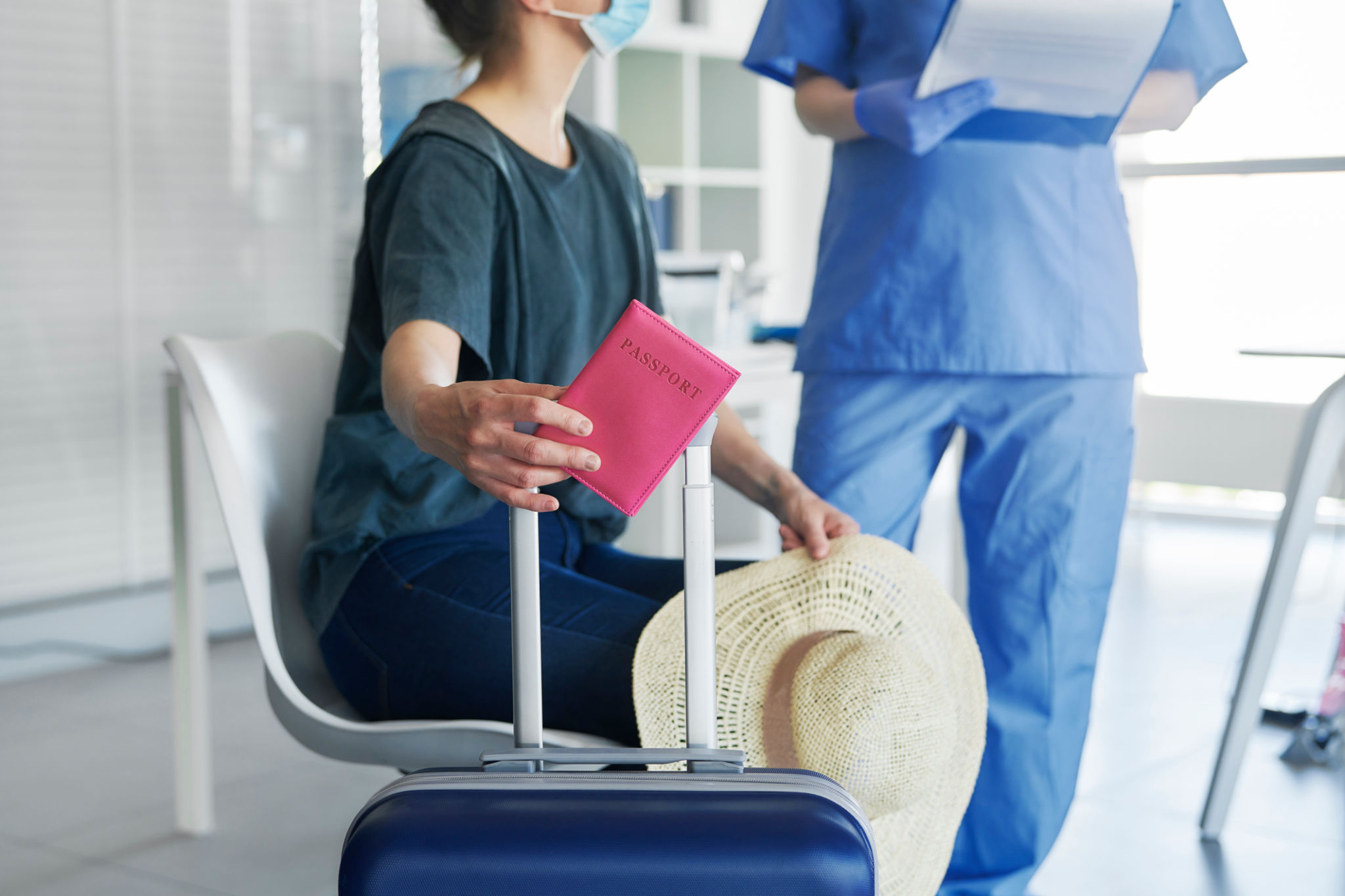Visa and Travel Support for Medical Tourists in Germany
Understanding the Visa Requirements
Medical tourism in Germany is a growing trend, attracting thousands of patients from around the world seeking high-quality medical treatment. However, before planning your trip, it is crucial to understand the visa requirements. Germany offers several types of visas for medical tourists, primarily short-stay Schengen visas for treatments lasting less than 90 days.
The application process typically involves submitting documents such as a valid passport, proof of financial means, medical reports, and an invitation from the German medical institution. Ensure your documents are complete and accurate to avoid any delays in your processing time.

Types of Visas Available
While the Schengen visa is common, some patients might require a national visa for longer stays. This option is necessary if your treatment or recovery period extends beyond the typical 90-day period permitted by the Schengen visa.
It is advisable to consult with the German consulate or embassy in your country to determine which visa type best suits your needs. In some cases, you might be required to provide additional documentation or attend an interview.
Travel Support Services
Germany is well-equipped with travel support services designed specifically for medical tourists. Many hospitals offer comprehensive packages that include airport transfers, accommodation arrangements, and even personal assistance during your stay.
These services ensure a seamless experience from the moment you arrive until you return home. It is beneficial to inquire about these options when contacting your chosen medical facility, as they can significantly ease the logistical aspects of your trip.

Choosing the Right Medical Facility
Germany boasts some of the world's leading medical institutions, offering advanced treatments and state-of-the-art technology. When selecting a facility, consider factors such as the hospital's specialties, doctors' qualifications, and patient reviews. Research thoroughly to ensure you choose a facility that matches your medical needs.
Many hospitals have dedicated international patient departments that facilitate communication and provide additional support in multiple languages, making it easier for you to understand your treatment plan and follow-up care.
Preparing for Your Stay
As a medical tourist, preparing for your stay involves more than just packing a suitcase. It's essential to consider factors such as climate, cultural differences, and healthcare procedures in Germany. Familiarize yourself with local customs and perhaps learn a few basic German phrases to enhance your experience.
Additionally, ensure you have adequate travel insurance that covers medical treatments abroad. This can provide peace of mind knowing that unexpected costs will be managed without financial strain.

Post-Treatment Considerations
After your medical treatment, it may be necessary to stay in Germany for follow-up appointments or recovery. Ensure you have accommodations arranged for this period and understand the aftercare procedures prescribed by your physician.
Before leaving Germany, request copies of all medical records and reports. These documents are crucial for any future healthcare needs and should be stored securely once you return home.
Conclusion
Germany offers a robust infrastructure for medical tourists with comprehensive visa options and exceptional healthcare facilities. By understanding visa requirements, utilizing travel support services, and preparing adequately for your stay, you can ensure a smooth and successful medical tourism experience in Germany.
Remember, thorough planning and clear communication with your healthcare providers are key to making the most of your medical journey abroad.